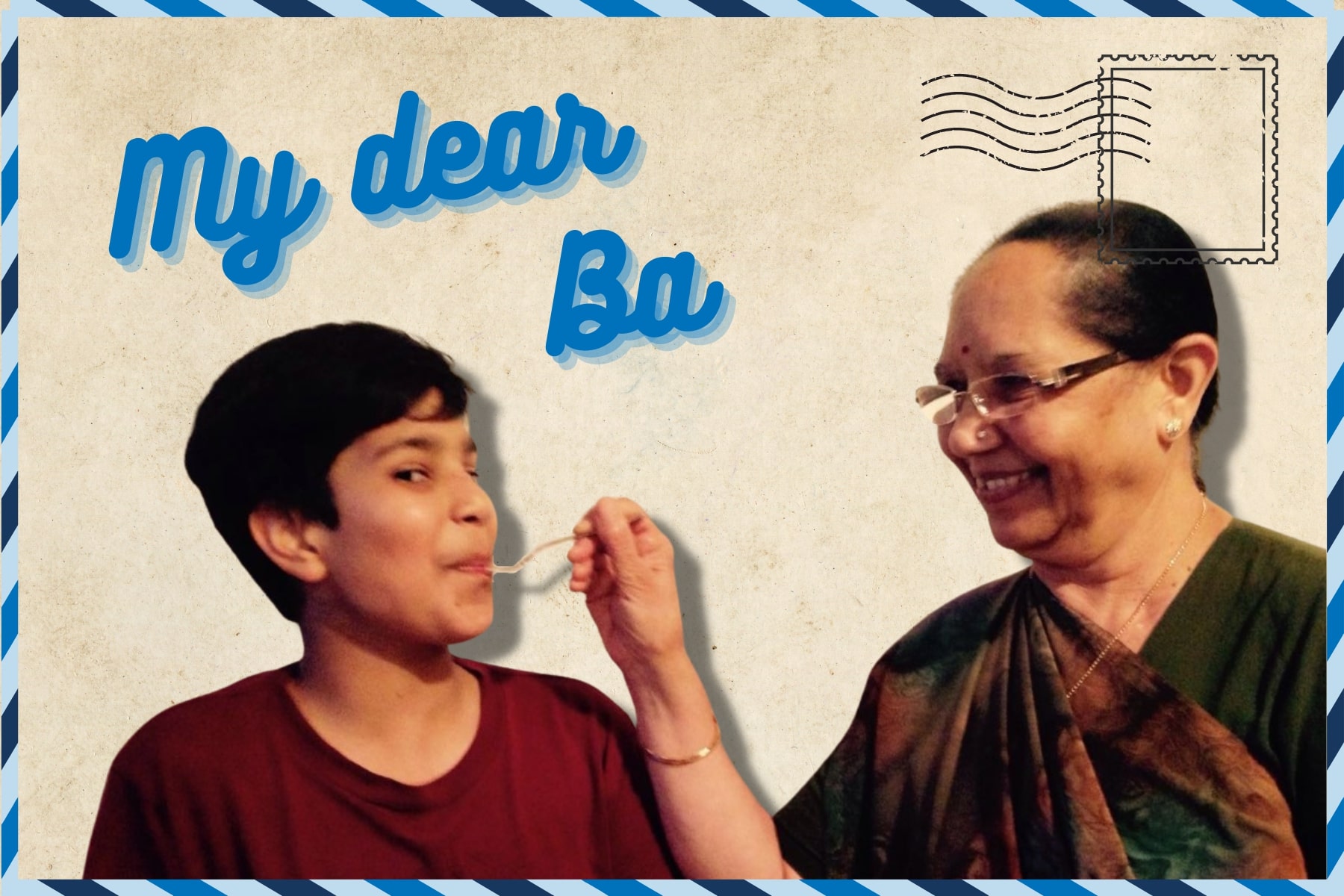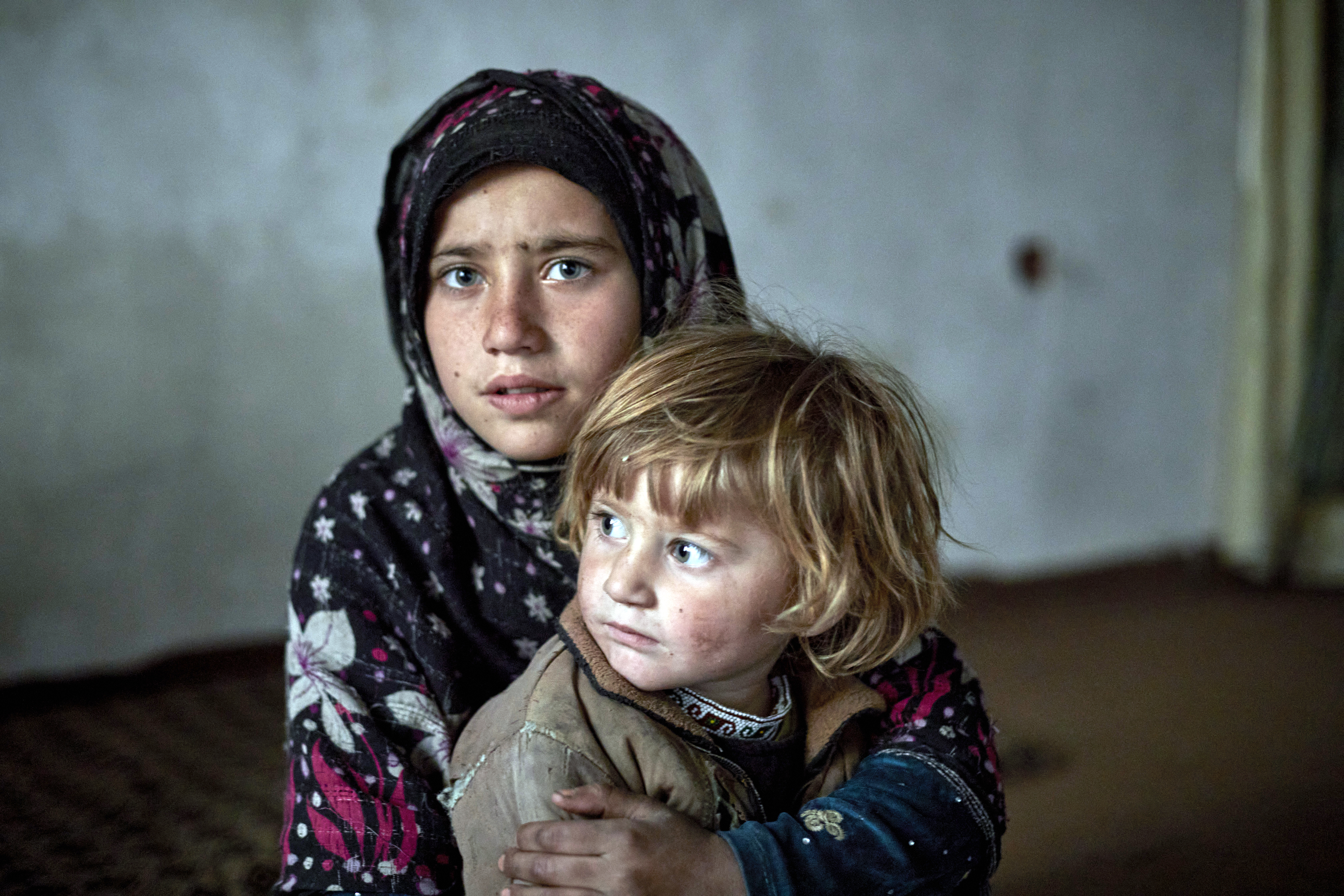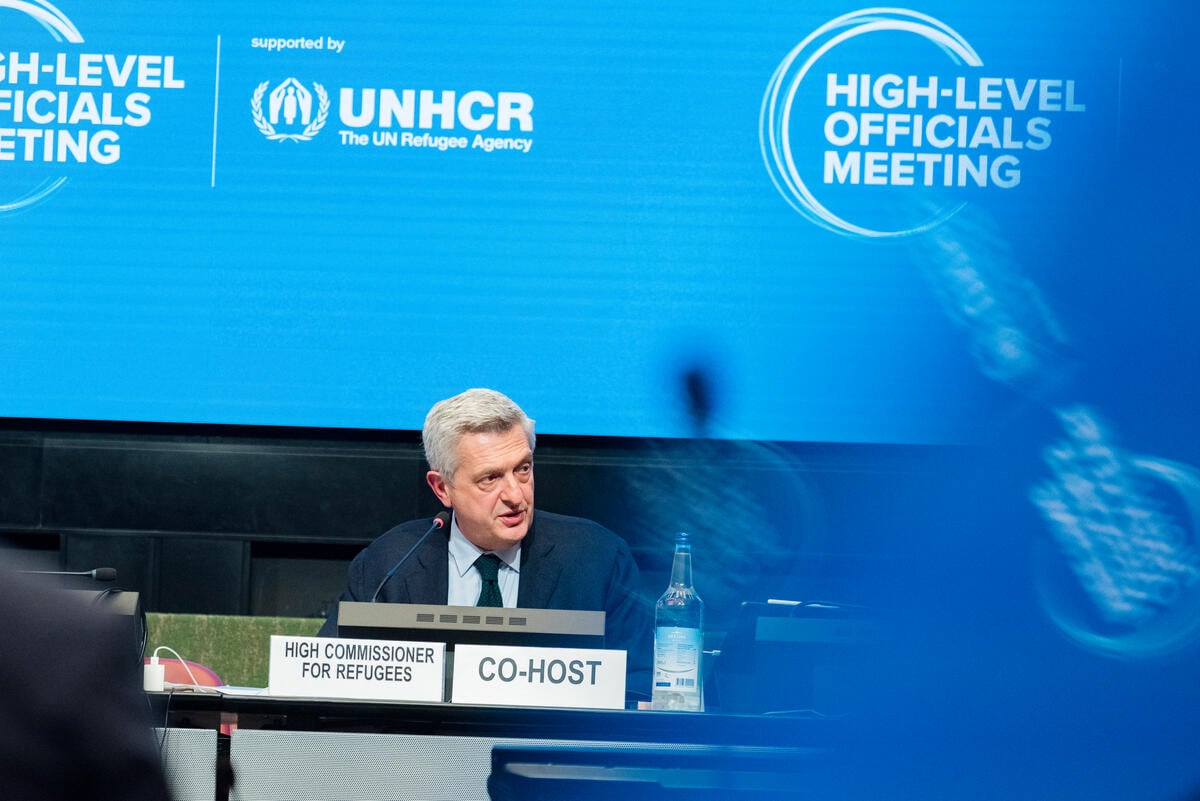Hundreds of Afghans in Tajikistan accepted for resettlement in Canada
Hundreds of Afghans in Tajikistan accepted for resettlement in Canada

DUSHANBE, Tajikistan, Nov 18 (UNHCR) - The day after a third brother was gunned down in late 1998, Bashir Ahmad Mavlavizoda fled with his young wife and children from their home in northern Afghanistan. On foot and donkey, they made it to the edge of the broad Amu Darya that forms the border with Tajikistan.
But their flight toward sanctuary in the neighbouring country sent his wife Shakilo into labour and the birth of their fourth child forced them to spend nearly three weeks obtaining fresh documents. That nerve-racking delay ensured that the date of November 16, 1998 - the day they were ferried across the river to asylum in Tajikistan - was engraved in his memory.
Six years later, a new date to remember is looming. Mavlavizoda and his family are among nearly 1,000 Afghans in Tajikistan proposed by the UN refugee agency who have been accepted for resettlement by Canada. Like Mavlavizoda, these are Afghan refugees who, despite the political changes of the past three years, are unlikely to ever be able to return in safety to their homeland.
For weeks, two Canadian immigration officials worked at the UNHCR building in the Tajikistan capital Dushanbe, interviewing refugees who in many cases had waited more than a decade for the chance to start new lives. They will be back early next year to examine any files still waiting.
It is part of a pattern of close cooperation between UNHCR and Canada that is transforming the refugee situation in Central Asia. Canada accepted about 500 Afghan refugees for resettlement from Kyrgyzstan earlier in 2004, and at the same time as conducting interviews in Tajikistan, announced it was accepting 140 refugees registered by UNHCR in Turkmenistan.
"We feel we are doing a good thing," said Canadian immigration officer Leopold Verboven, describing the pleasure felt when he can ensure the future of a family that has so far known only a precarious existence. "And its ultimate benefit to Canadian society is also positive. This is one of those rare situations in life where everyone seems to gain."
Resettlement is not the solution for all refugees. Returning home is best for most and sometimes the host country will allow refugees to integrate locally. But there are some who can never go home, such as Mavlavizoda, who knows the people who killed his brothers would do the same to him if he returns.
Mavlavizoda, a teacher of mathematics and physics, and his brothers had been harassed by mujahideen in the early 1990s because he did not share their interpretation of Islam. Two brothers were killed in 1992 and he spent years in hiding, visiting his family only when it seemed safe.
The rise of the Taliban meant only a change of allegiance for Mavlavizoda's enemies, who killed his third brother in 1998. Again the government in Kabul has changed, but the same gunmen from earlier years are still there. His wife has not seen her mother since they fled six years ago because of the danger in returning.
Qiyomiddin Imomyor, another refugee who will take his family to a new life in Canada, faced the same obstacle to going home. The 53-year-old native of the north eastern Afghan province of Badakhshan had spent years in and out of prisons because of his political beliefs.
The stocky ethnic Tajik, jailed even before the Soviet invasion by the increasingly authoritarian government of the period, found himself in a political party during the 1980s that was accused by the leftist government of being too moderate and by the mujahideen guerrillas as being anti-Islamic.
"When the mujahideen came to Badakhshan in 1992, they killed my friends and my brother," said Imomyor. "When we heard about it, we hid ourselves. We heard there was a list of people to be killed and my name was on it. When we saw that, we fled to Tajikistan. That decree is still in effect."
Even sanctuary in Tajikistan after 1992 was not a guarantee of safety. In 2003, officials in Tajikistan decided he should return to Afghanistan and deported him and his family. He managed to arrange an immediate return to his host country, but it underlined the need for the "durable solution" of resettlement.
Equally in need of resettlement are a group of some 15 orphans, young Afghans who had been sent to school in Tajikistan by the pro-Soviet regime in Kabul after their parents were killed. Although their ties to their homeland are now almost non-existent, there is a clear danger they will become victims in a country where blood feuds can last generations.
"They left when they were seven, eight, nine years old and don't remember anything," said Nicolas Drouin, one of the two Canadian immigration officers who carried out the hundreds of interviews in Dushanbe. While most have been granted refugee status, some still lack legal status and live in fear of detention and deportation.
"They can't really go back to Afghanistan; they might be seen as Communists because they studied during the communist time," said the Moscow-based diplomat.
The first of those accepted by the Canadian government for resettlement will head to their new home early next year, but the speed of their movement from Tajikistan will depend on securing scarce seats on the relatively few international flights from the poor, isolated country.
Mavlavizoda's family is among those most anxious for an early departure. The 54-year-old teacher, paralyzed on much of his left side by a stroke two years ago, lists school for his five young children in a peaceful country as his priority. But his 31-year-old wife Shakilo is also anticipating the therapy that will be provided in Canada for her husband.
Life in Canada, where the government will provide full support to get them established, will be a drastic change. Since her husband could no longer work, Shakilo has gradually sold off almost all her belongings - including jewellery and carpets that are a traditional store of wealth - to pay their bills. The children are studying in a school for refugees, which is assisted by UNHCR, but she says she can no longer afford the books and stationery they need.

"My children are always asking when we will move to Canada and say that then we will have no problems," said Shakilo, surrounded by three daughters and two sons aged between four and 12 years old. They exude the strong family structure that Canadian officials say has given Afghan refugees a reputation for quickly becoming self-sufficient.
"When they get toys, they put them aside to save," she said, smiling at her children seated on the floor beside her husband's bed. "They say: 'We will play with them in Canada.'"
By Jack Redden in Dushanbe, Tajikistan








